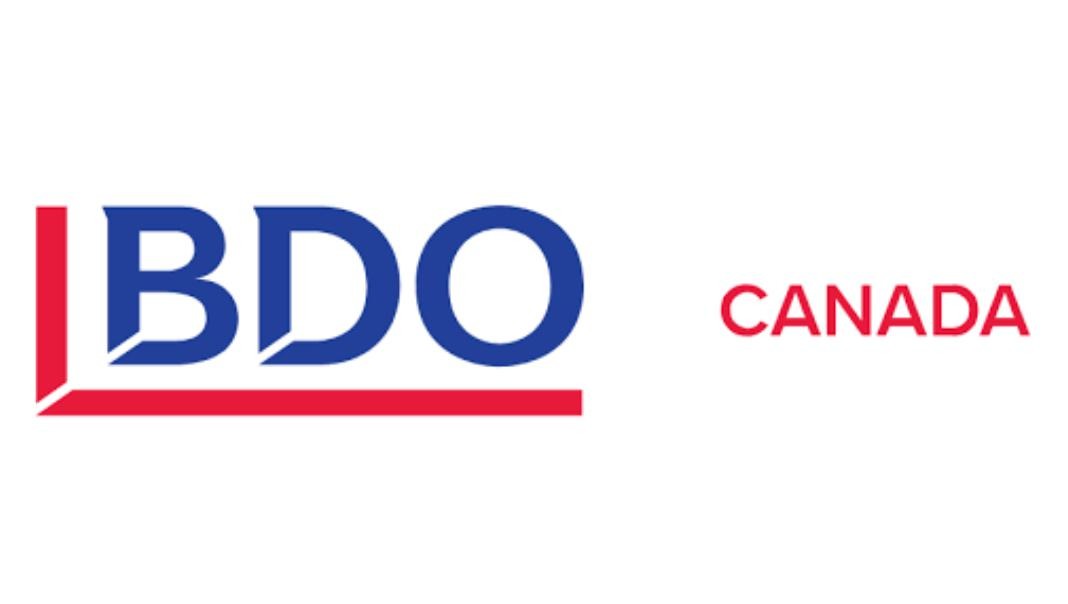2023 budget proposes changes to the tax rules for intergenerational transfers
Friday, June 9, 2023
Reference: BDO Canada - Agriculture
 In the 2023 Federal Budget, the federal government proposed changes to the tax rules that provide tax relief to families who wish to transfer shares of small businesses or family farms and fishing corporations to the next generation.
In the 2023 Federal Budget, the federal government proposed changes to the tax rules that provide tax relief to families who wish to transfer shares of small businesses or family farms and fishing corporations to the next generation.The proposed changes introduce conditions that must be met for the owners of these corporations to be able to sell their shares to a non-arm’s length corporation, such as a corporation owned by the owner’s children, and be able to realize a capital gain on this disposition and benefit from the use of their capital gains exemption to reduce tax on the capital gain.
Challenges under previous tax rules
For years, provisions in the Income Tax Act (ITA) made it difficult for children to use a corporation to buy shares of a small business, family farm or fishing corporation from their parents.Parents selling their shares to an arm’s length (unrelated corporation) were able to use the capital gains exemption to reduce tax on the resulting capital gain on the transaction. However, if the shares were sold to a non-arm’s length corporation for cash or a promissory note, the parents would not have a capital gain and could not use the capital gains exemption, resulting in significant income tax consequences.
Introduction of Bill C-208
In 2021, a private member’s bill, Bill C-208, was passed into law. It introduced changes to the ITA that partially addressed these concerns to facilitate tax-efficient intergenerational transfers of closely held small businesses, like farming and fishing, to children or grandchildren of the owners.The main benefit of these changes is the ability of an individual to sell shares to a non-arm's length (related) corporation, such as a corporation owned by the taxpayer’s children, for cash or a promissory note. It also allows individuals to claim a capital gain on the transfer and reduce the gain using the lifetime capital gains exemption where applicable. In other words, when shares qualified under these new rules, it leveled the playing field with the same tax rules applying to non-arm’s length and arm’s length sales.
Key conditions addressed in the revised rules
The new rules were inadequately drafted and raised many questions and uncertainty on how they applied. The Department of Finance stated in July 2021, shortly after Bill C-208 passed into law, that they would be introducing revised rules to address the conditions that must be met to benefit from the changes introduced in Bill C-208, including the following:- The requirement to transfer legal and factual control of the corporation carrying on the business from the parent to their child or grandchild
- The level of ownership in the corporation carrying on the business that the parent can maintain for a reasonable time after the transfer
- The requirements and timeline for the parent to transition their involvement in the business to the next generation
- The level of involvement of the child or grandchild in the business after the transfer
It is proposed that these new rules will be effective for dispositions of shares that occur on or after January 1, 2024. This means that transactions can be carried out under existing rules for the remainder of 2023.
Proposals in the 2023 Budget
As with the current law, the proposals apply only to dispositions by an individual of a qualified small business corporation shares (QSBCs) or shares of a qualifying family farming or fishing corporation (FFFC).However, the 2023 proposals include additional restrictions to ensure a bona fide transfer of the business occurs, including a transfer of both economic and voting control of the corporation being sold (Opco). Additionally, the purchaser must be a corporation controlled by a family member who will retain economic and voting control of the subject corporation for a minimum period.
This can be achieved by meeting one of two tests – immediate intergenerational or gradual intergenerational business transfer. The chart below summarizes the major elements of the new legislation and these two tests.
Some key points to take note of when referring to the charts:
The proposed rules expand the qualifying recipients of the businesses to include grandchildren, stepchildren, children-in-law, nieces, nephews, spouses of nieces and nephews, grandnieces, and grandnephews. All of them are referred to as children in the charts below. They all must be at least 18 years old.
- A reference to a spouse in this article includes a reference to a common-law partner.
- In general, reference to specified shares means non-voting, non-convertible preferred shares.
- For simplicity, these charts assume Opco and a purchaser corporation (Purchaseco) but no other business holdings. Other business holdings, such as a subsidiary corporation or partnership interest, could affect the characterization of the Opco shares as QSBC or FFFC shares – they are subject to the same restrictions on control as Opco.
- Although the ITA refers to the transferor of the shares of Opco and their spouse, these taxpayers are referred to as parents in the charts below.
Read More
Sign up to stay connected
- News
- Property Alerts
- Save your favourite properties
- And more!
Joining Farm Marketer is free, easy and you can opt out at any time.
